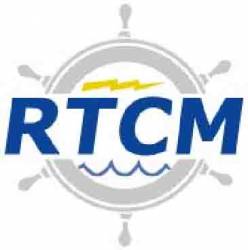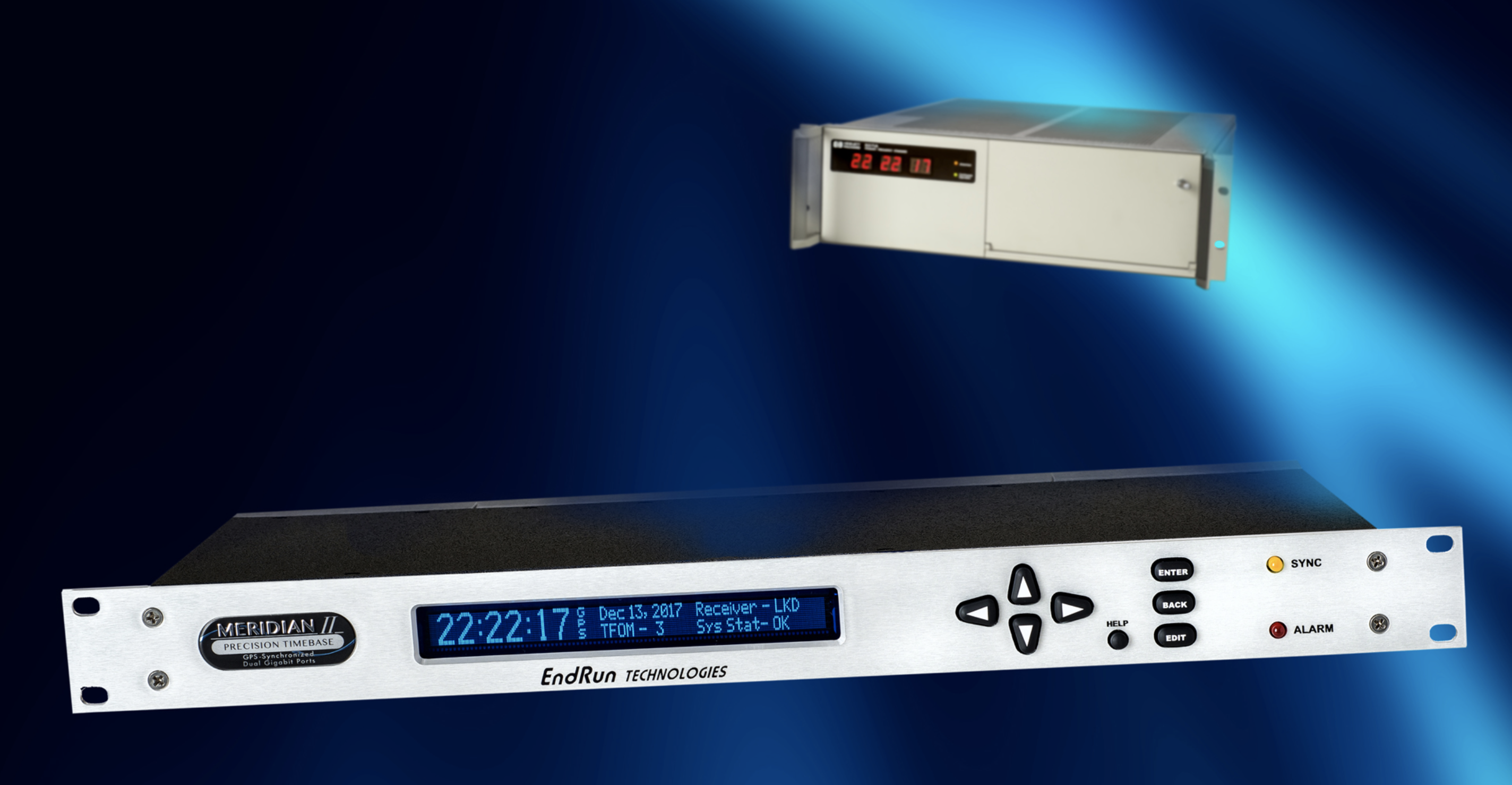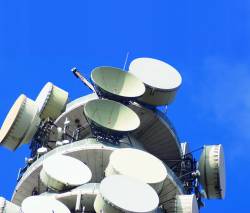
The Radio Technical Commission for Maritime Services (RTCM) has completed a revision (Version 2.0) of its standard for Networked Transport of RTCM via Internet Protocol (Ntrip).
Designated as RTCM Standard 10410.1, Among other things, the new standard defined by RTCM’s Special Committee 104 (SC104) provides a protocol for streaming differential correction data or other kinds of Global Navigation Satellite System (GNSS) data to stationary or mobile users over the Internet.
The Radio Technical Commission for Maritime Services (RTCM) has completed a revision (Version 2.0) of its standard for Networked Transport of RTCM via Internet Protocol (Ntrip).
Designated as RTCM Standard 10410.1, Among other things, the new standard defined by RTCM’s Special Committee 104 (SC104) provides a protocol for streaming differential correction data or other kinds of Global Navigation Satellite System (GNSS) data to stationary or mobile users over the Internet.
Typically, differential corrections have been broadcast over radio data links from single or networked reference stations located in precisely known locations to improve the real-time accuracy of mobile receivers (rovers). Most of these services provide GPS corrections, but a growing number offer GLONASS corrections as well.
The Ntrip project was initiated by the German Federal Agency for Cartography and Geodesy (Bundesamt für Kartographie und Geodäsie, BKG), and RTCM SC-104 issued its first version of Ntrip in 2004.
Ntrip is designed to distribute the GNSS streaming data to stationary or mobile users over the Internet, allowing simultaneous PC, laptop, PDA, or receiver connections to a broadcasting host. Ntrip supports wireless Internet access through mobile IP networks such as GSM, GPRS, EDGE, or UMTS.
An open non-proprietary protocol, Ntrip is based on the popular HTTP standard and enables streaming over any mobile IP network using TCP/IP. Its application is not limited to one particular plain or coded stream content; it has the ability to distribute any kind of GNSS data.
Ntrip can disseminate hundreds of streams simultaneously for up to 1,000 users when applying modified Internet radio broadcasting software. Moreover, these streams are usually not blocked by firewalls or proxy servers protecting local area networks.
Correction data supporting precision navigation applications through Ntrip is available now through several hundred services worldwide, many of them in Europe.
The new RTCM Standard 10410.1 describes Ntrip Version 2.0, with major changes from Version 1.0 including:
• correction of design problems and HTTP protocol violations
• replacement of nonstandard directives
• addition of chunked transfer encoding
• improved header records
• source-table filtering
• Real Time Streaming Protocol (RTSP) communication.
Although named for the widely used RTCM data format, Ntrip can also be used for other data formats. The standard is available from RTCM at its secure online publication store. Until the website is updated with the new version, the document can be ordered by ordering Ntrip Version 1.0 on the Website, and then requesting Version 2.0 in the "Comments/Shipping Instructions" box. The price will remain the same as for Version 1.0.





